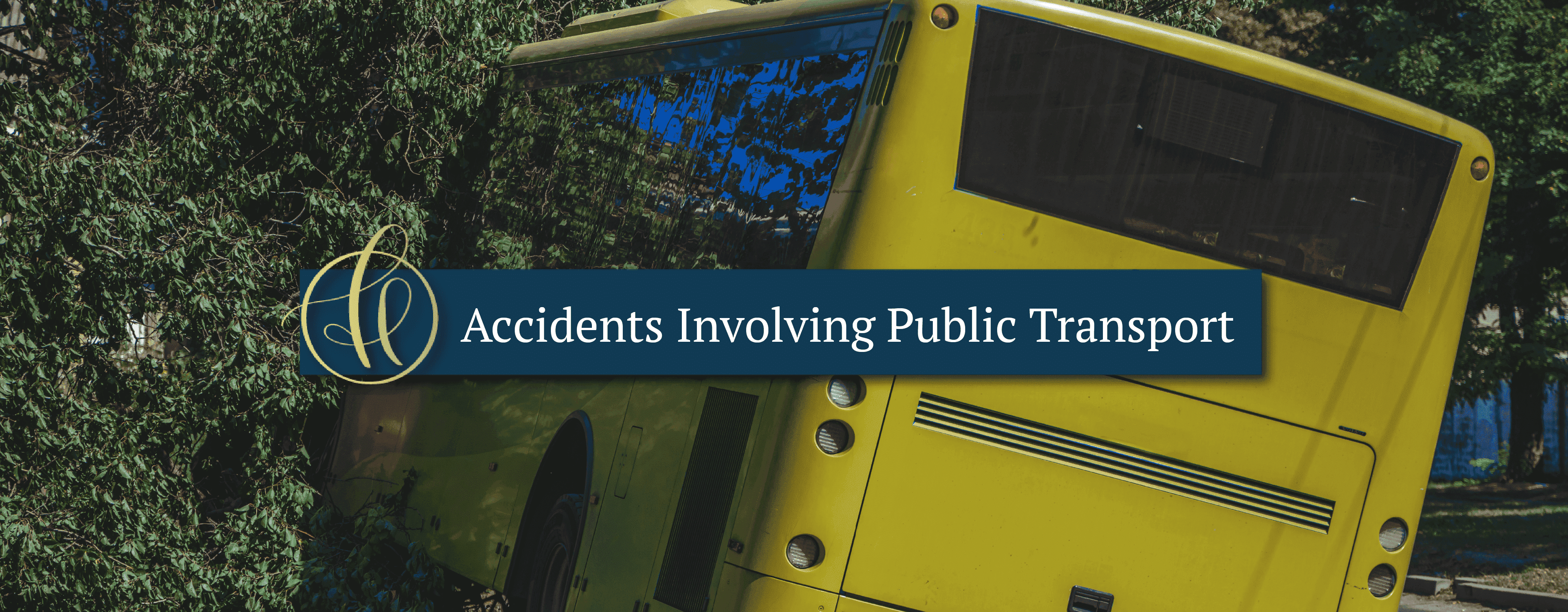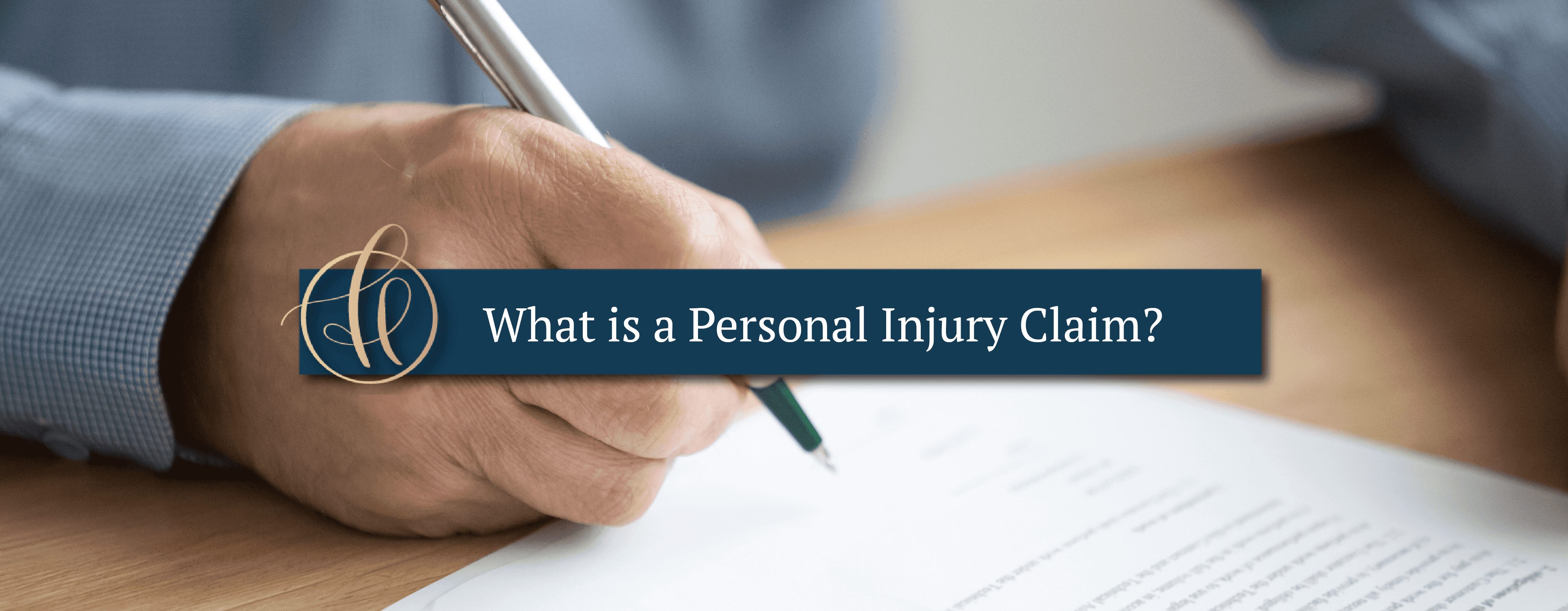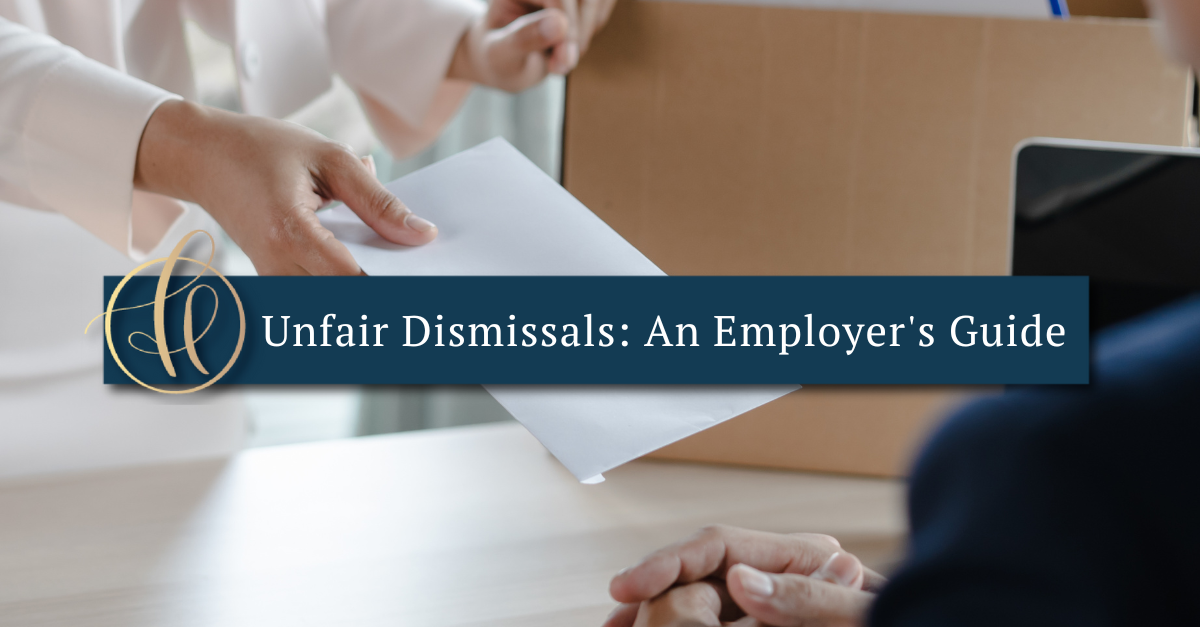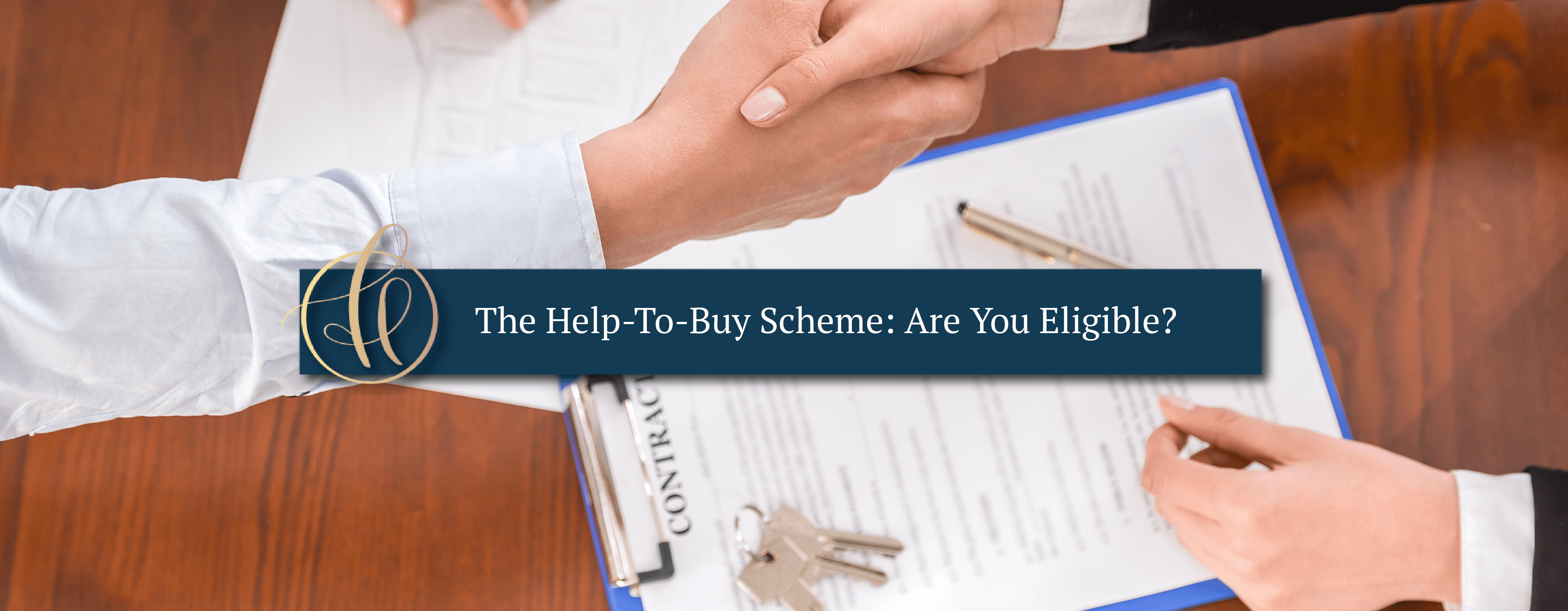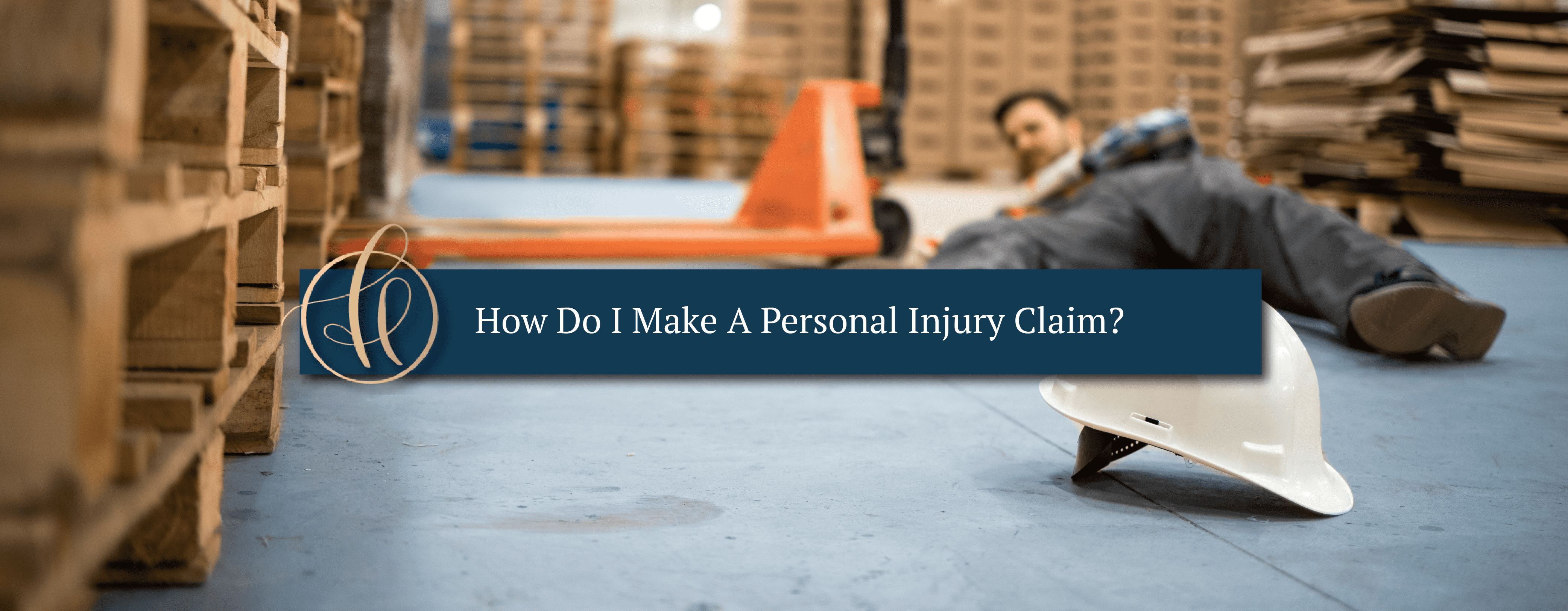If you have suffered a personal injury that has been caused as a result of medical practice, you may be in a position to make a medical negligence claim.
Medical negligence can be defined as any action by medical staff or members of hospital / clinic staff which fall below an acceptable standard of care and which directly causes injury or disease or allows the health of a person to deteriorate as a result. (Source)
What are the most common types of medical negligence claims?
There are many different reasons you might seek to put forward a medical negligence claim, but there are several instances that occur most often. These include:
- Pregnancy and birth injuries
These cases will usually involve the mother or child suffering an injury either through the perinatal period (the weeks immediately before and after the birth), preceding or during the delivery, or during the neonatal care phase (referring to babies born before 37 weeks gestation); - Failure to investigate and treat medical issues
Where a patient’s situation or complaint receives insufficient investigation or treatment by the attending medical professional. These circumstances are common in accident and emergency settings; - Negligent medical advice and/or care
Circumstances might include situations where a medical professional does not follow the specific instructions set out by a consultant in terms of a patient’s care – such as using an incorrect course of medication or incorrect application of these instructions, which are detrimental to the patient’s health. It might also be a case where a GP fails to refer their patients to a relevant consultant despite it being warranted; - Medical misdiagnosis or delayed diagnosis
These cases might involve a diagnosis that is missed completely, made in error, or significantly delayed thereby causing harm to the patient; - Surgical negligence or error
In these cases, a foreign object may not have been removed from the body after a surgery or unnecessary damage might have been caused during the surgery, such as injuring another organ. For a successful case, the cause of the injury must be a result of negligent treatment or behaviour, and not due to something outside of the surgeon’s control.
If I have suffered emotional distress as a result of medical negligence, am I still entitled to make a claim?
While psychological distress can be more difficult to quantify in a medical negligence claim, it can still be a valid claim if the psychological injury / injuries have been directly caused by the case in question.
In order to substantiate your medical negligence claim, you will need to show that you have suffered from a recognised psychiatric injury. The World Health Organisation’s book on this matter details these injuries in full, however the most common psychiatric issues that would fall under this include:
- Post-traumatic stress disorder
- Depression
- Panic attacks or severe anxiety
- Adjustment disorders (an emotional or behavioural reaction to a stressful event or change in a person’s life)
In this case, you will need to undergo a review by a consultant psychiatrist in order to substantiate your medical negligence claim.
How do I make a medical or dental negligence claim?
To be eligible for a medical negligence claim, you will need to establish that 1) a doctor-patient relationship existed, and 2) prove that the medical professional was negligent. Your first step should be to consult a solicitor who will be able to review your medical expert and assess the viability of your claim, and begin the next steps such as instructing an independent report.
Our dedicated team of specialist Medical Negligence Solicitors at Martin A. Harvey & Co. will assist and guide you through your medical negligence* claim. We are experienced in dealing with all types of medical injuries and negligence* cases.
If you would like assistance regarding your medical negligence* claim, please contact our team here at Martin A. Harvey & Co. Solicitors, and we would be happy to assist you in any way that we can. Freephone 1800 – 396 396 or fill out our contact form here.
*In contentious business, a solicitor may not calculate fees or other charges as a percentage or proportion of any award or settlement.


